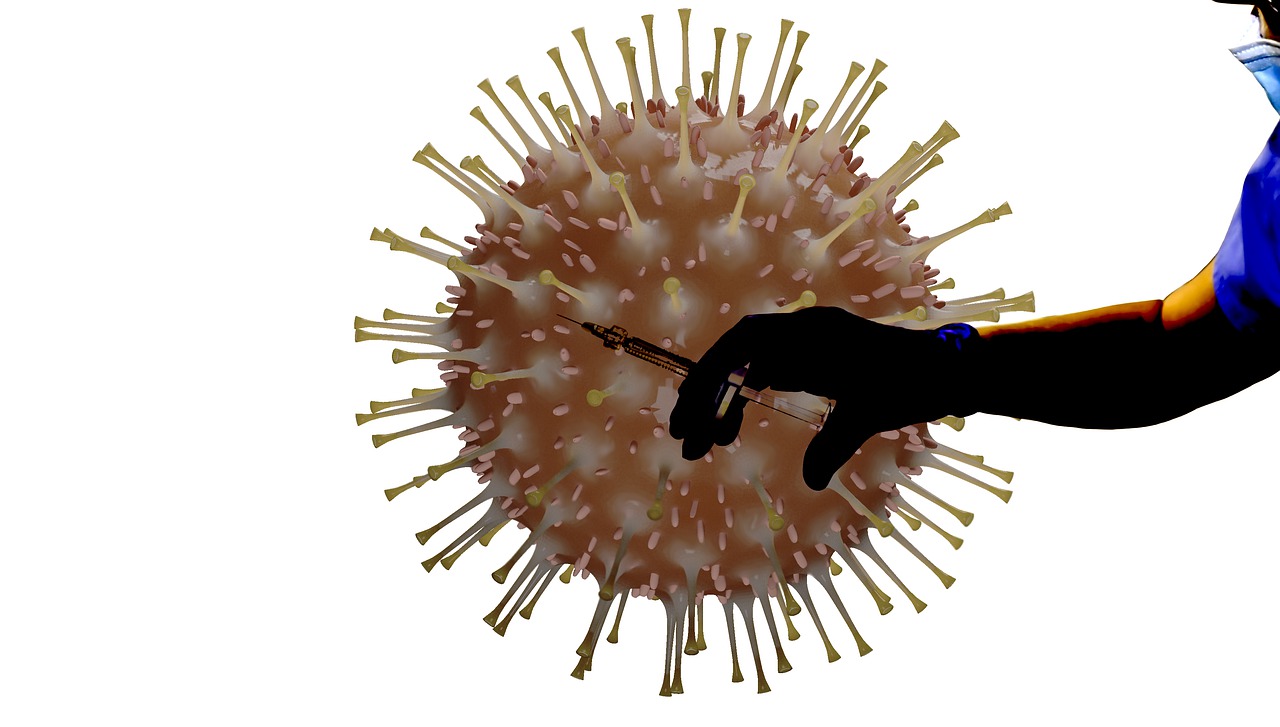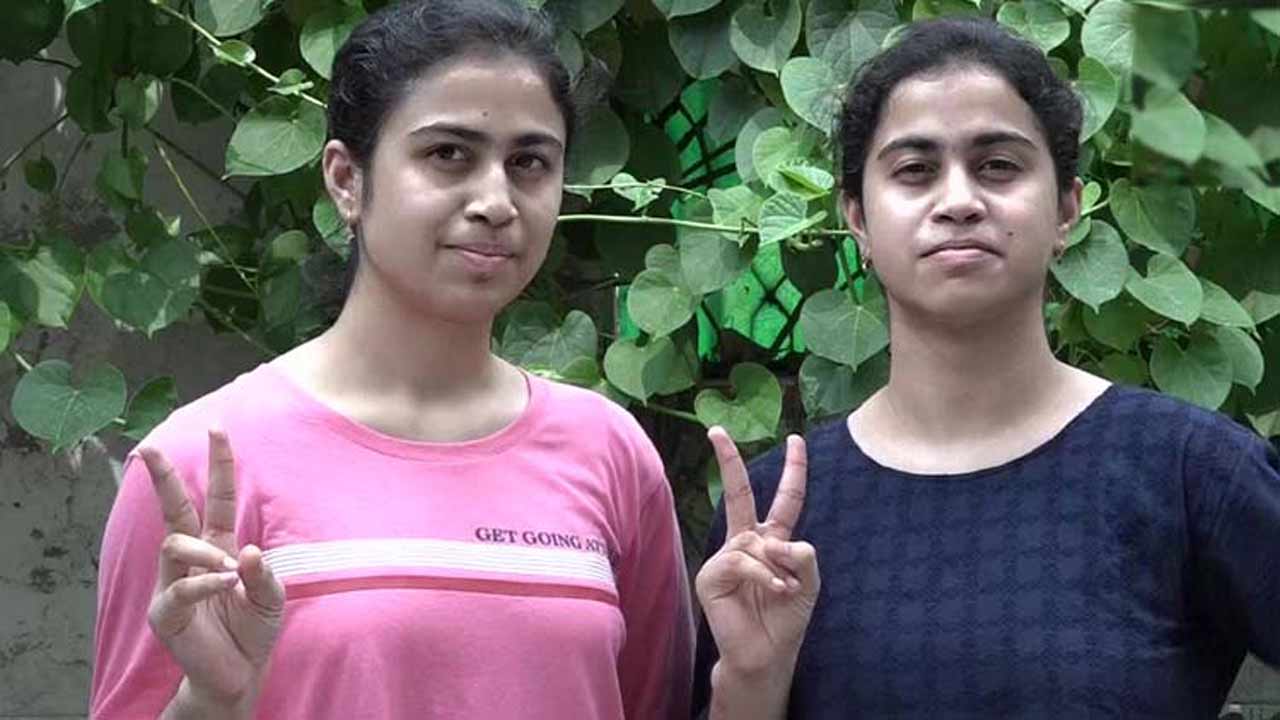In the global race to make a coronavirus vaccine, a state-owned Chinese company is boasting that its employees, including top executives, received experimental shots even before the government approved testing in people.
“Giving a helping hand in forging the sword of victory,” reads an online post from SinoPharm with pictures of workers it says helped “pre-test” its vaccine.
Whether it’s viewed as heroic sacrifice or a violation of international ethical norms, the claim underscores the enormous stakes as China competes with U.S. and British companies to be the first with a vaccine to help end the pandemic — a feat that would be both a scientific and political triumph.
“Getting a COVID-19 vaccine is the new Holy Grail,” said Lawrence Gostin, a global public health law expert at Georgetown University.
“The political competition to be the first is no less consequential than the race for the moon between the United States and Russia.”
China has positioned itself to be a strong contender.
Eight of the nearly two dozen potential vaccines in various stages of human testing worldwide are from China, the most of any country. And SinoPharm and another Chinese company already have announced they’re entering final testing.
Both China and SinoPharm have invested heavily in a tried-and-true technology — an “inactivated” vaccine made by growing the whole virus in a lab and then killing it, which is how polio shots are made.
Leading Western competitors use newer, less proven technology to target the “spike” protein that coats the virus. That protein is “a good place to make our bet,” Dr. Gary Nabel, chief scientific officer of the French pharmaceutical company Sanofi, said at a US biotechnology industry meeting.
But “it’s good to have some diversity. I like the fact that there is an inactivated, whole vaccine. That provides an alternative in case one of these should fail.”
SinoPharm’s claim that 30 “special volunteers” rolled up their sleeves even before the company got permission for its initial human study raises ethical concerns among Western observers.
The company’s post cites a “spirit of sacrifice” and shows seven men in suits and ties — a mix of scientists, businessmen and one Communist Party official with a background in military propaganda.
“The idea of people willing to sacrifice themselves … is pretty much expected in China,” said Yanzhong Huang, a global health expert at the Council on Foreign Relations, a U.S. nonprofit organisation.
But with corporate and government officials getting vaccinated, other employees “might feel pressure to participate. That would violate the voluntary principle” that is a bedrock of modern medical ethics, Huang said.
The first round of human testing — a Phase 1 trial — requires permission from a country’s drug regulators, who decide whether there is enough laboratory and animal evidence to justify the attempt.
SinoPharm, which declined to comment for this story, is testing two vaccine candidates that received government permission for Phase 1 trials in mid- to late April.
In a post on its subsidiary’s official WeChat account, the company says it conducted its “pre-test” at the end of March “to make the vaccines hit the market as early as possible.”
It would not be the only shortcut China is taking.
In late June, the government gave special approval for the military to use an experimental vaccine made by another company, CanSino Biologics, skipping the final testing needed to prove if it really works.











